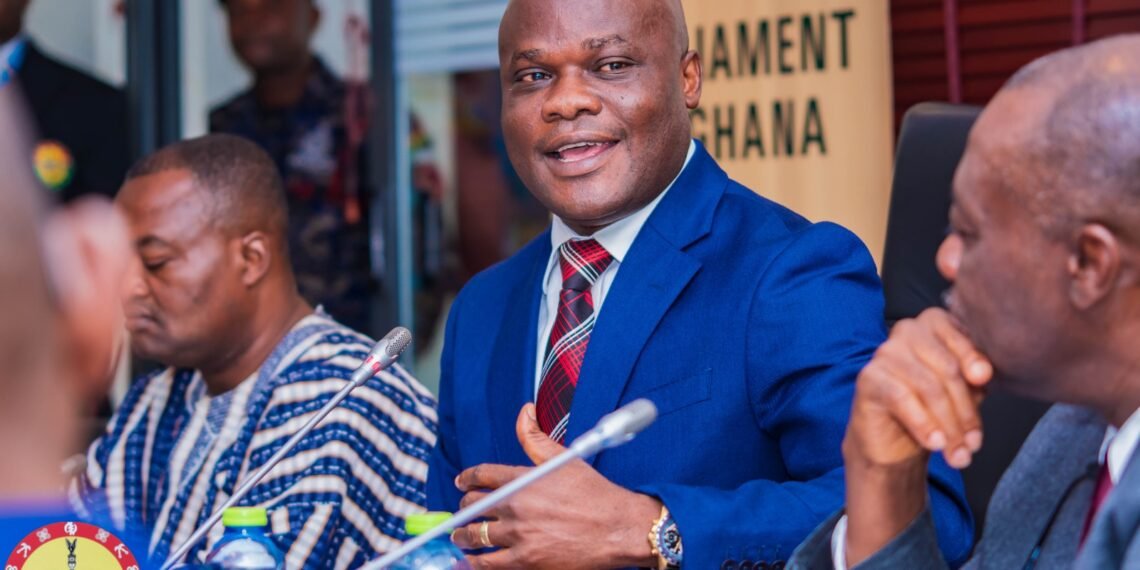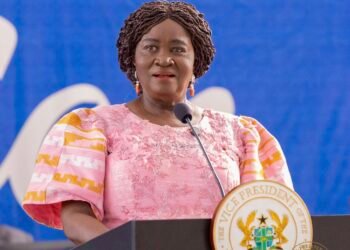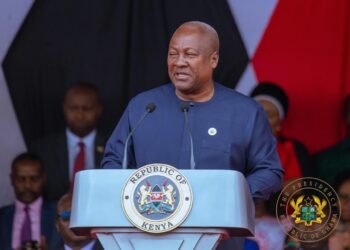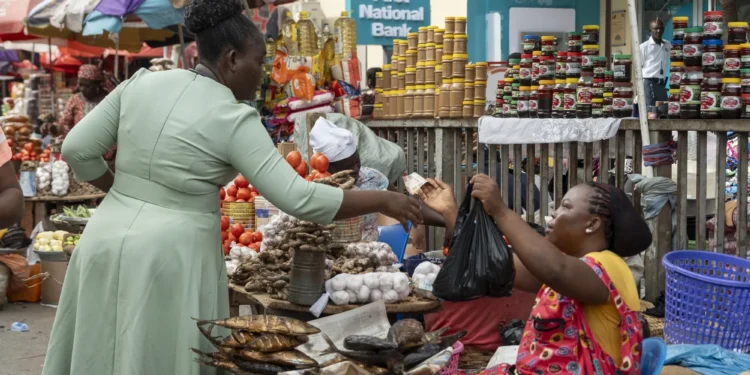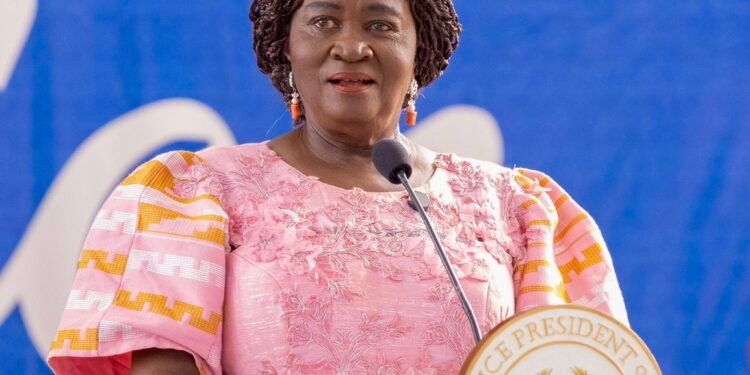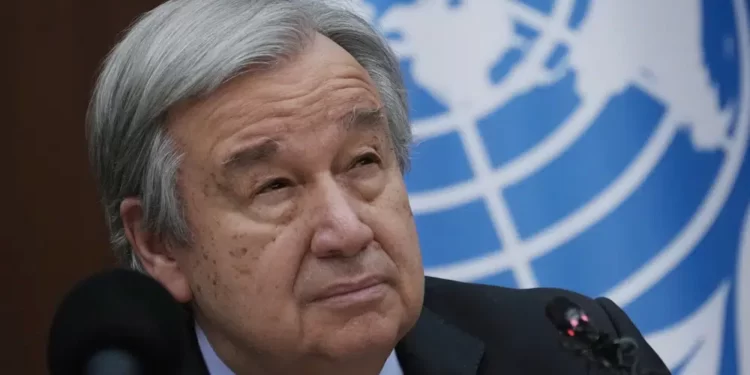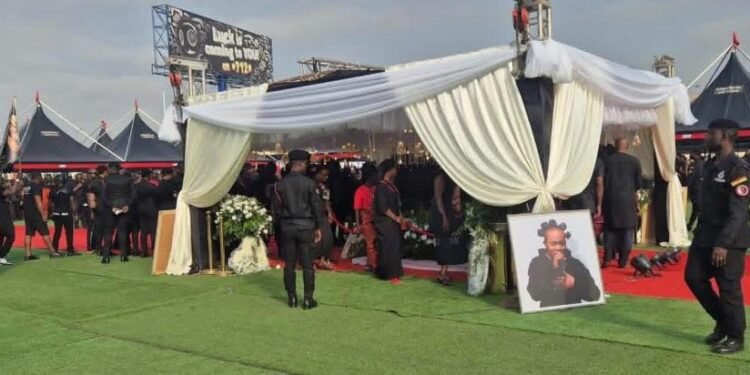Ghana’s Minister for Local Government, Chieftancy and Religious Affairs, Hon. Ahmed Ibrahim, has underscored that Ghana’s ambitious development agenda hinges significantly on the effectiveness of its local governance structures, and at the heart of this system are the Metropolitan, Municipal, and District Chief Executives (MMDCEs).
Addressing an Orientation and Training Programme for newly appointed MMDCEs, Hon. Ahmed Ibrahim delivered a compelling charge, highlighting the unprecedented speed of their appointments, the immense voter expectations, and the critical role they are set to play in cascading President John Dramani Mahama’s vision across every corner of the nation.
“I wish to take this opportunity to welcome and congratulate all the MMDCEs on their appointment and confirmation by the people of Ghana. Mr Chairman, invariably, voter expectations are extremely high and we have no other choice but to ensure the achievement of the central government at the local level.”
Hon. Ahmed Ibrahim, Local Government Minister
The MMDCEs, he stressed, are the very face of the presidency at the local level: “The people know the president through you, so it’s a very big cross.” As chief representatives of the central government, Hon. Ibrahim added that the “onus is on you to cascade the vision of President Mahama.”
This directive positions the MMDCEs not merely as administrators but as pivotal agents for translating national policies into tangible local development.
He passionately urged them to “eschew the tendencies of being armchair politicians and administrators,” encouraging them to emulate President Mahama.
He charged them to continuously engage and interact with the people of Ghana to understand their needs and to work with them to be able to achieve the development they are looking for in their respective locality.
This emphasis on grassroots engagement signals a shift towards a more responsive and participatory local governance model.
“Suffice it to know that the current nomenclature of the sector ministry, as settled by His Excellency the President, depicts a tripod and that is local governance, chieftaincy, and religious affairs. So you are not just MMDCEs, you are DCEs for the chiefs, the religious leaders, and the assembly officials”.
Hon. Ahmed Ibrahim, Local Government Minister
Tripod Integration
He elaborated that this tripod strategically integrates three historically independent institutions that have always been integral to local governance but previously operated under separate frameworks.
Hon. Ahmed Ibrahim noted that now, they are brought together to contribute cohesively to the work of the MMDCEs, fostering a more integrated and harmonious approach to local administration.
According to him, the orientation program is meticulously designed to equip the MMDCEs with the essential skills required for effective leadership.
The curriculum encompasses vital areas such as the development blueprint of the ninth government of the fourth republic, providing them with a clear understanding of the broader national vision.
Crucially, Hon Ibrahim noted that the orientation delves into the roles and responsibilities of MMDCEs under the Local Governance Act 2016, Act 936, ensuring legal and operational compliance.
Government’s Flaghip Initiatives
A significant portion of the training focuses on flagship government initiatives, particularly the 24-hour economy and other programs that should promote economic recovery and flashy programs.
“We were all part of those who sang the song. The time to deliver when you said, good things are in the twenty-four-hour economy, the time to deliver and show them is now. In 2028, they will ask us where the good things are, and the person to deliver and showcase them is we, those in this room, and we must deliver.”
Hon. Ahmed Ibrahim, Local Government Minister
This direct challenge underscores the administration’s commitment to fulfilling its electoral pledges and places the onus of demonstrating progress squarely on the MMDCEs.
Further aspects of the training include empowering the youth for development, strategies for robust revenue mobilization, and prudent public financial management practices, alongside engaging with civil society and the media.
Hon. Ahmed Ibrahim candidly acknowledged the formidable challenges ahead, including institutional inefficiencies, losses in discipline among staff of the MMDCEs, weak supervision, and added that low revenue mobilisation also continues to undermine the progress of MMDCEs.
However, he expressed unwavering confidence in the administration’s ability to overcome these hurdles.
He highlighted the rich pool of expertise within the administration, citing the Chief of Staff, who is a former Local Government Minister, the “celebrated expertise” of Professor Kwamena Ahwoi (a former Local Government Minister), and the Executive Secretary to the President, who previously headed the local government service.
“So we have all the tools to deliver, so we have no excuse. What value I’m not insurmountable with renewed commitment, innovation, and a people-centred approach.”
Hon. Ahmed Ibrahim, Local Government Minister
Effective Monitoring
A significant shift in oversight was also announced. Hon. Ibrahim revealed that effective monitoring and supervision would be intensified, extending beyond traditional auditing.
“I can assure you it’s not going to be the Auditor General who will be supervising you these days there will be an Auditor General and there will be social auditors because we are social media, so most of the auditors will be seen and some will be unseen.”
Hon. Ahmed Ibrahim, Local Government Minister
This signals a modern, multifaceted approach to accountability, leveraging both formal mechanisms and the omnipresent scrutiny of social media and public vigilance. He directly thanked the Chief of Staff for anticipated support in this endeavor.
The Minister concluded by reiterating the positive signs of national economic recovery since President Mahama assumed office, setting the stage for the MMDCEs to exhibit strong leadership at the local level.
He tasked them with implementing key flagship programs, including the 24-hour economy market, clean up Ghana, blue water guard, the Adwumawura program, and the national poultry development program, among others.
He assured them of the Ministry’s full support, working collaboratively with the Head of the Local Government Service and other relevant ministries, underscoring a unified approach to driving Ghana’s development from the grassroots up.
READ ALSO: Fitch Upgrades Ghana to Stable ‘B’- Signalling Strong Recovery

